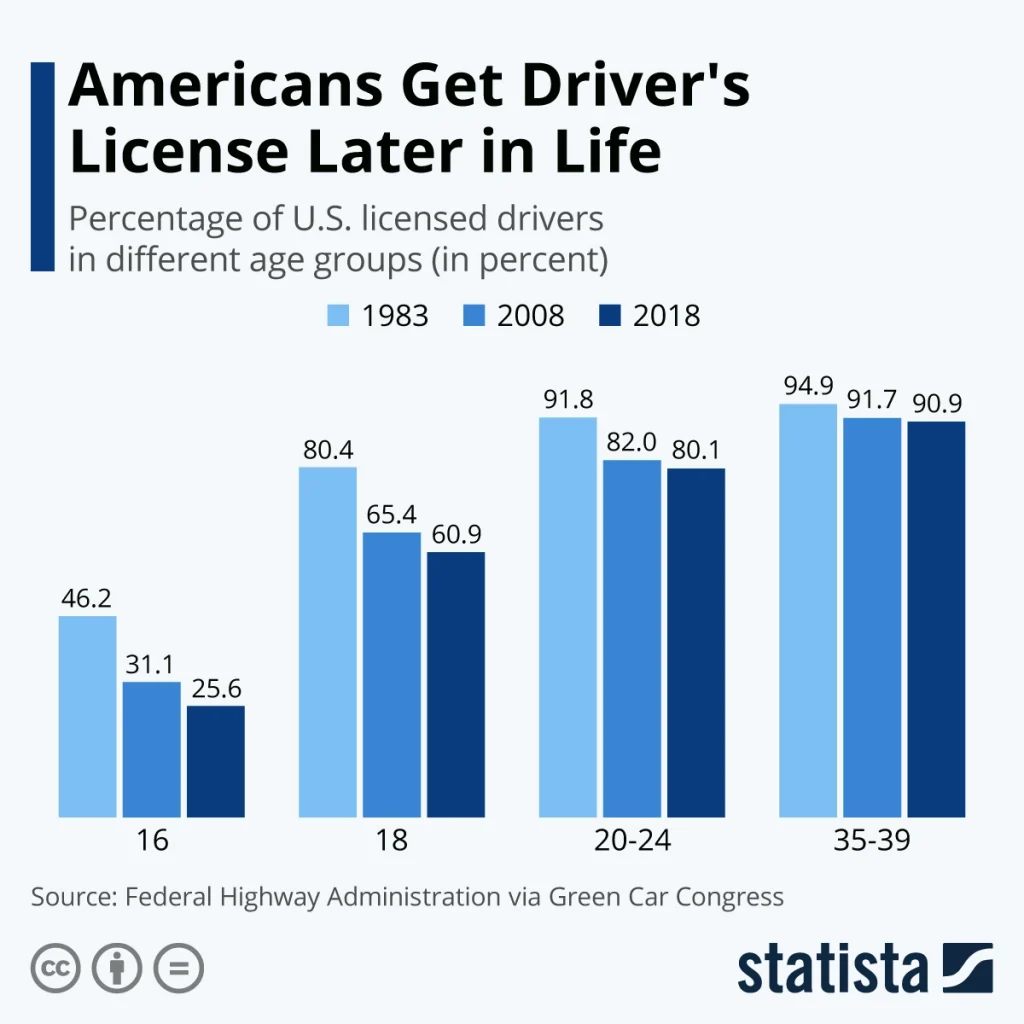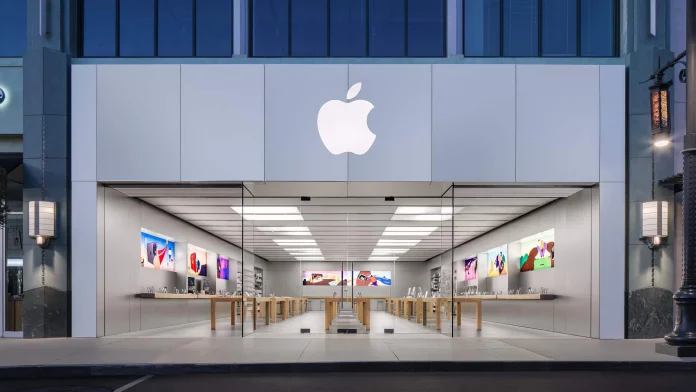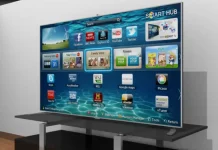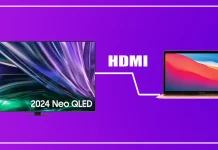Apple has canceled Project Titan, the codename for the Apple Car, which the company spent nearly ten years on. The first rumors about Apple Car appeared in 2014, and at that time, they caused a stir and a flood of renders and ideas about what the future of the electric car might look like.
After ten years, it has become apparent that the Apple Car will never become a reality.
But markets took it as positive news, hoping that “the company will focus on what’s important,” as one analyst put it. Dan Morgan, a senior portfolio manager at Apple shareholder Synovus, characterized the news “as a sigh of relief” in a comment to Forbes. And it seems no one but fans hoping to see an Apple Car are disappointed. On the contrary, the news turned out to be surprisingly optimistic, and everyone around took it as a fundamental shift in the company’s policy, which finally threw out what was superfluous. The company is getting rid of the noise to go forward in what appears to be a much stronger position rather than getting into a fight with a ghostly chance of success.
After the cancellation news, everyone ran to talk about how it was the right decision. Indeed, the EVs market, which seemed to be a gold mine a few years ago and a “new growth point,” is now suffering noticeably. Demand is slowing down, and competition is getting much tougher, forcing companies to look for ways to cut costs, downsize employees, and find new ways to make a profit.
How we ride
But all this is only an effect, not a cause because the real reason is that the car is a concept. looks outdated in today’s world. And it’s not just words – fewer and fewer young people are getting their license early. And that reflects a shift in our consumer culture.
Trying to release a car, especially given the approximate timeframe when it could be ready in 2028, looks like trying to release the most fashionable player in 2020. It may seem convenient, but you can spend a lot of resources and make it innovative. But it’s still going to be a music player in a time when more and more people are switching to listening to music from a smartphone.
The truth is that more Americans are getting their driver’s licenses later and are less likely to use a car. And this is all happening at a time when everyone around them is dreaming of more livable cities. Motorization has ended, and Americans are beginning to realize that a city should be pedestrian-friendly first and foremost. In Europe, they realized this even earlier. Now, they are actively developing streetcar networks and bicycle traffic. Parking lots are being closed and converted into public gardens, and barriers are being closed to cars so people can walk there.

One could argue here that by age 40, 90% of Americans still get their driver’s licenses. But the fact that people are in no hurry to get behind the wheel also means that they are more likely to drive less, and their cars will be used less often. And if we extrapolate this trend, we can also assume that the number of those with a car will decline.
Of course, cars aren’t going anywhere and will be here for a long time. I’m not trying to paint a scenario of decline. Cars have advantages: they are convenient, especially out of town, and give people a sense of comfort.
The main question is whether this market has the potential for future growth. And it seems to be an established market—the red ocean, as some call it. Where competition is already at an all-time high, Apple never seems to have anything in 10 years to compete with other manufacturers.
The company hasn’t even released a prototype, and Project Titan costs $10 million. Sounds like an impressive sum. But divide it by ten years, and you’ll see a not-so-big expense. What’s more, the uncertainty within the company shows that Apple itself didn’t know what the result should be.
It seems strange, but the disagreements within the team never even formed a concept of what the result would be. The truth is that this is part of a bigger picture: no one knows how the auto industry will change in 10-20 years.
We don’t know the future
That’s one of the things we don’t know. We don’t know what the future will be like. Of course, there are various predictions. Some say the future is self-driving cars; others say it’s a future buried. But the fact is that there is no clear vision of how the car market will change 10, 20, or 30 years from now. Everyone realizes it will change; for example, internal combustion engines are already a thing of the past. But what will follow is still unknown.
And in such conditions, making a bet for Apple is like playing the lottery. If you are very lucky, you can (or rather, could) guess. And then perhaps Morgan Stanley’s dream of $400 billion in additional profits may become a reality. But there is a much higher chance of making a mistake and becoming redundant in a crowded and overheated market, where demand for expensive EVs is decreasing, but demand for cheaper models is growing. One thing Apple certainly wouldn’t be prepared to do is fight other companies for the opportunity to sell you a mid-range EV.
But the main point is that automobiles are not the future. The future is comfortable public transportation and convenient cities. And it’s good that Apple will do other things that it does much better.
Of course, some took the news of the end of Project Titan as a failure. Those people will say that “Apple never made it.” But sometimes, that’s better than continuing to go in the wrong direction.






